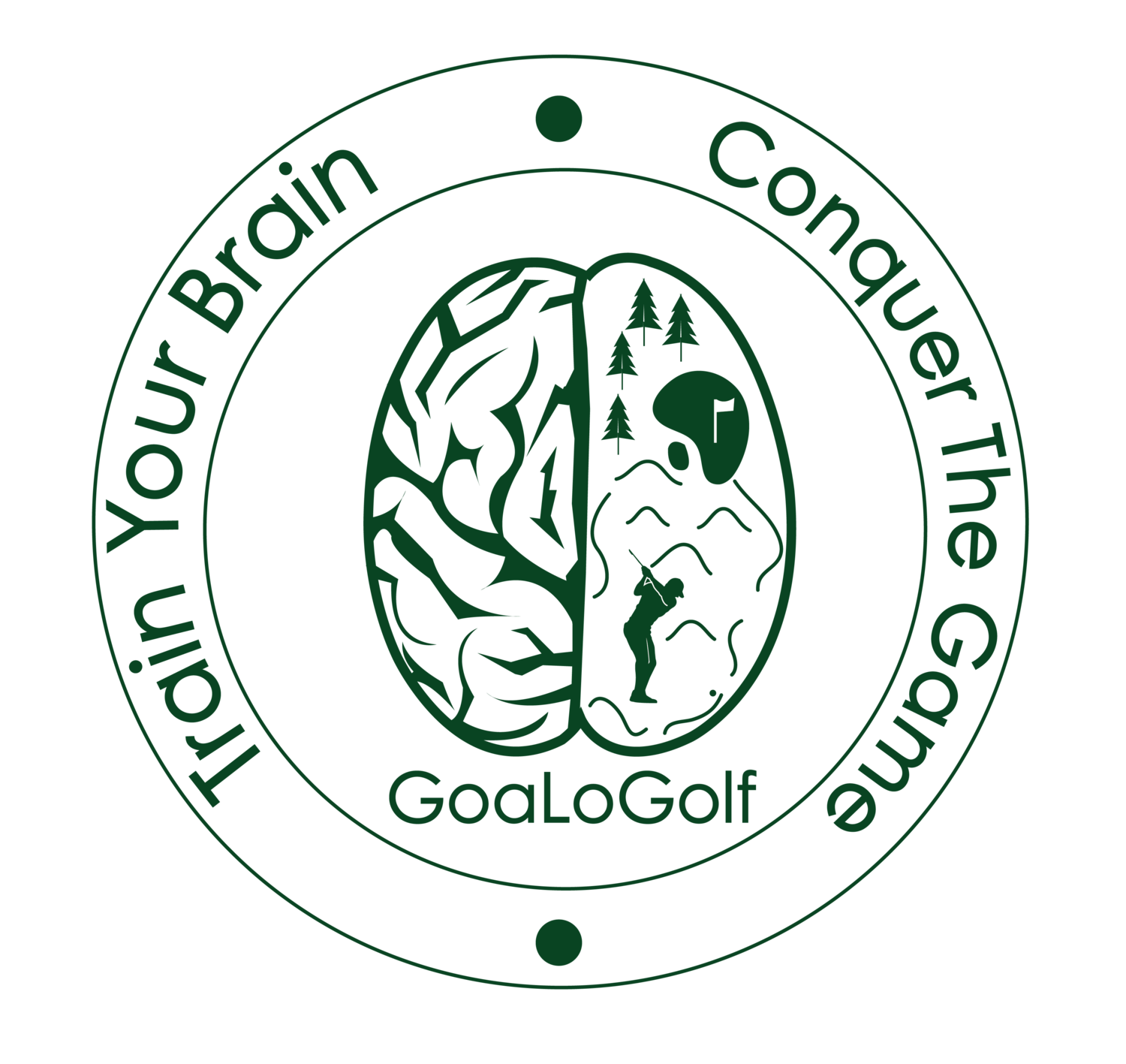Today, at age 82, Dr. Oliver Sacks passed away. A prolific writer with the ability to unlock the workings (and failings) of the brain for the popular audience, Sacks was probably best known for his books Awakenings (turned into a screenplay with Robin Williams and Robert DeNiro) and The Man Who Mistook his Wife for a Hat. He was a man who I admired professionally and aspire to emulate in my investigation of golf as an applied neuroscientist. While he was decidedly NOT a golfer he did apply his acumen to achieving remarkable physical feats; he was apparently an avid body builder at Muscle Beach in California where at one point he held a record for squatting 600lbs. He wrote an interesting column back on New Year's Eve 2010 about resolving to "Change Your Mind" rather than the old standards of weight-loss, exercise, etc.
He writes in that post:
That the brain is capable of such radical adaptation raises deep questions. To what extent are we shaped by, and to what degree do we shape, our own brains? And can the brain’s ability to change be harnessed to give us greater cognitive powers? The experiences of many people suggest that it can.
He goes on to talk about a deaf patient who learned to lip-read so well that he forgot she was impaired and inadvertently turned away from her while speaking. When she told him she couldn't hear him anymore, he corrected her saying "You mean you can't see me." She admonished him in return "You may call it seeing, but I experience it as hearing."
Further he elaborates the newfound ability a patient with a paralyzing spinal cord infection developed almost overnight. When she was trying to do a crossword puzzle she could hold the entire puzzle in her mind and solve it mentally with the words almost filling themselves in as she went along. This cognitive power did not exist for her prior to the infection.
There are, in fact, myriad examples of people with extraordinary abilities that developed due to roadblocks of one form or another. The NPR Invisibilia podcast has a great episode on How to Become Batman. The ability to learn and radically adapt is in and of itself the brain's most amazing attribute. We can harness this power in our golf games.
Dr. Sacks ends his essay with this:
Just as physical activity is essential to maintaining a healthy body, challenging one’s brain, keeping it active, engaged, flexible and playful, is not only fun. It is essential to cognitive fitness.
I would say that this growth mindset applies in spades to the golfer who wants to improve. One practical way to take his message and apply it directly to the practice of golf follows.
Sensory deprivation practice.
Remove what seems to be a necessary network from your mundane practice ritual. The hardest one of course (and most likely to observe a profound effect) is vision.
Close your eyes during short game practice.
When you are chipping simply close your eyes right before making your swing. The world you experience will change having been deprived normally ubiquitous visual input. Instead the feel in your hands, the tension in your body, and the point of impact between clubface and ball (to name just 3 sensory inputs) will all be accentuated. The goal is not necessarily to become just as proficient as with your eyes open immediately. You will hit the hosel, you will whiff completely and you will blade balls. Do not worry! The idea is to allow you to experience the world through systems that are at work even when you are sighted. Your reliance on them increases as you attempt the complex task of chipping a ball. You start to train these systems more intensely to help you accomplish your goal when you lean on them in this way.
But more importantly you set your brain into a mode that is active, engaged, flexible and playful. As Dr. Sacks would relate, THIS is the way to change your brain.
